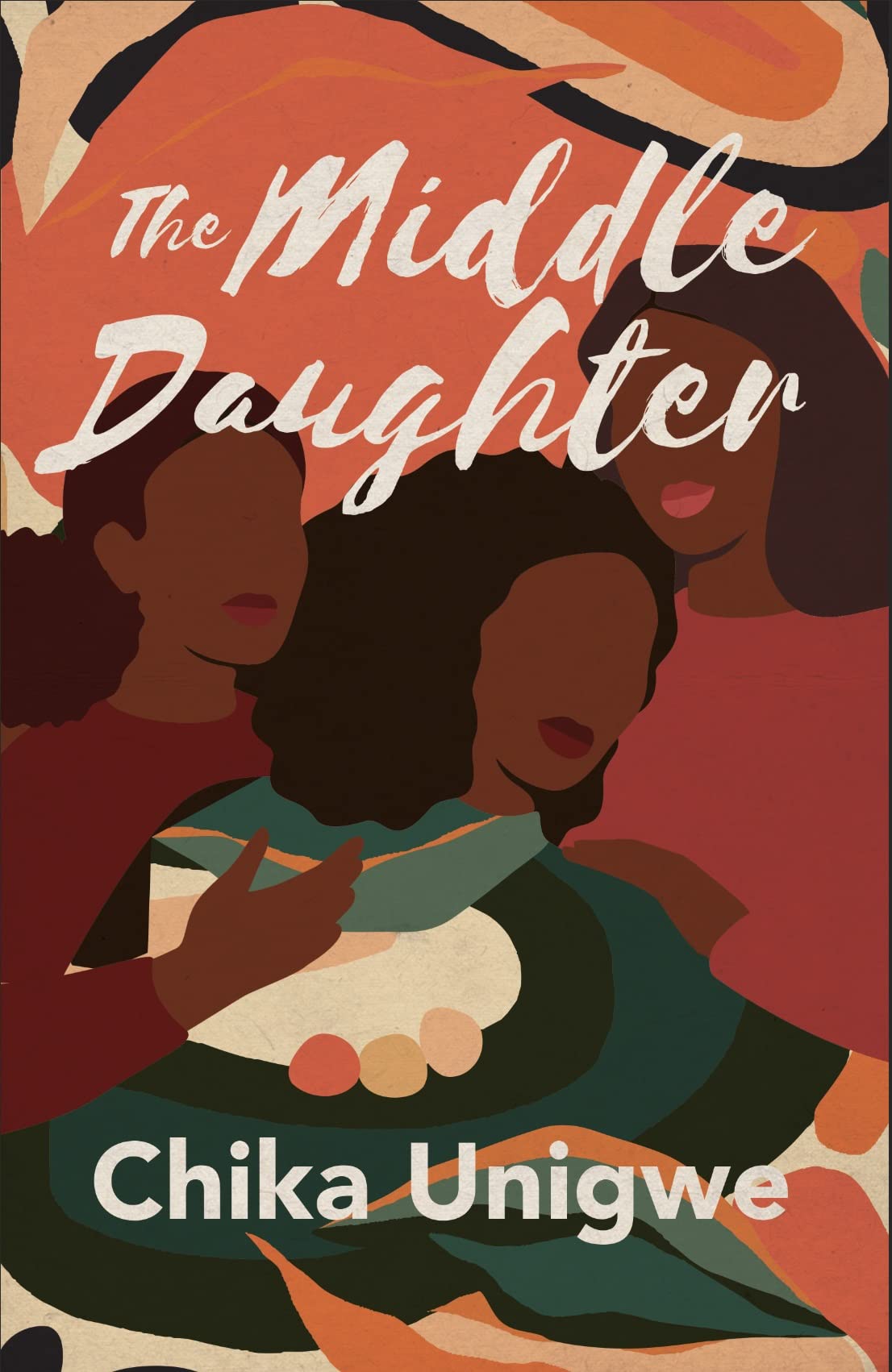I have a new novel out this week: The Middle Daughter. It is a retelling of the Greek myth of Hades and Persephone, set in Nigeria and the United States. It is always both scary and exciting to have new work out in the world. No matter how many times I do this, it never gets old. Not the fear. Not the excitement.
I’ve been doing interviews to promote the book. One of the first things I am asked is what inspired the novel. One of it is the myth, obviously. Anyone who’s familiar with the original myth already has an idea of what it may be about.
In Hades and Persephone, Hades, a god, abducts and marries Persephone. In some versions, Persephone lives for six months with Hades and six months with her mother; in some versions, she is complicit in her abduction or grows to love her abductor, and as time goes on, even becomes so jealous of the young Nymph, Minthe, that Hades has an affair with, that she turns Minthe into a mint plant.
In no version does Persephone break free of Hades. So in my novel, a man who thinks of himself as a god lures a vulnerable young woman into a marriage that should never have been. Unlike what happens in the myth, my protagonist breaks free of the toxic marriage.
I wanted a retelling of this myth that is both contemporary, culturally relevant (to me) and redresses the wrong done to Persephone.
Another inspiration for it is mentioned in the acknowledgments. Years ago, a friend shared the story of a former classmate of hers who was lured into the kind of relationship my protagonist is lured into, a relationship by a man who ruined her life. That woman’s story haunted me for a long time, and I wanted to give her a different ending. Fiction isn’t just about reflecting reality, it is also about exploring other possibilities.
What Persephone, Nani (in my novel) and my friend’s classmate have in common is that the man/god who ‘takes’ them, feels entitled to them. Patriarchal cultures encourage that level of entitlement. Worse, they encourage gender stereotypes that influence the way sexual assaults are spoken about.
All three women are sexually assaulted. In Persephone’s case, the assault is whitewashed (by making her accept a marriage that has its roots in her abduction); in Nani’s case, as in the case with my friend’s former classmate, the victims find it difficult to talk about the assault to the people closest to them. Their reaction isn’t atypical. Sexual assault and domestic violence are crimes for which the victims typically get the blame (and the shame in the former).
We say a female who’s been raped has been “defiled.” She carries the burden of shame, and so what to do with defilement if not to efface it? The way we shame victims of assault and force/encourage the silence around it has real-life consequences.
Anyone remember the case of the man somewhere in the South West who forced the tailor who raped his 15-year-old daughter to marry her? He loved his daughter, he wanted justice for her and for him, sadly, justice was forcing her assaulter to marry her. If anyone had suggested that he was punishing his daughter, I am pretty sure he would have been shocked.
Cloaking his daughter with the mantle of respectability, in a culture that told him that the fact of her assault had reduced her worth was more important to him than wondering whether or not he ought to force her into a union with the same man who raped her. Poor girl.
Another thing I wanted to explore is our uncritical acceptance of anyone who claims to be a man of God. Faith asks for trust and sadly, unscrupulous folks abuse that trust for their own gains. In an ideal world, no one would hide under the guise of religion to do terrible stuff but our world has never been ideal.
In my novel, my Hades character is a man who thinks of himself as a god. Ephraim is a self-serving, self-proclaimed ‘MOG.’ The uncritical acceptance and the ubiquitous use of “Touch not my appointed” to close down arguments whenever the misbehaviour of a pastor is brought up is dangerous too.
Someone told me of how a pastor assaulted her and when she told her mother, her mother slapped her and told her to never repeat it. And worse to kneel down and ask for forgiveness.
If fiction elicits conversations, I hope that The Middle Daughter provokes discussions about the dangers of being blind to the abuse of power by certain MOGs. And how we endanger our daughters when we force them to keep quiet about sexual assault, especially when the assaulter is someone with power.



